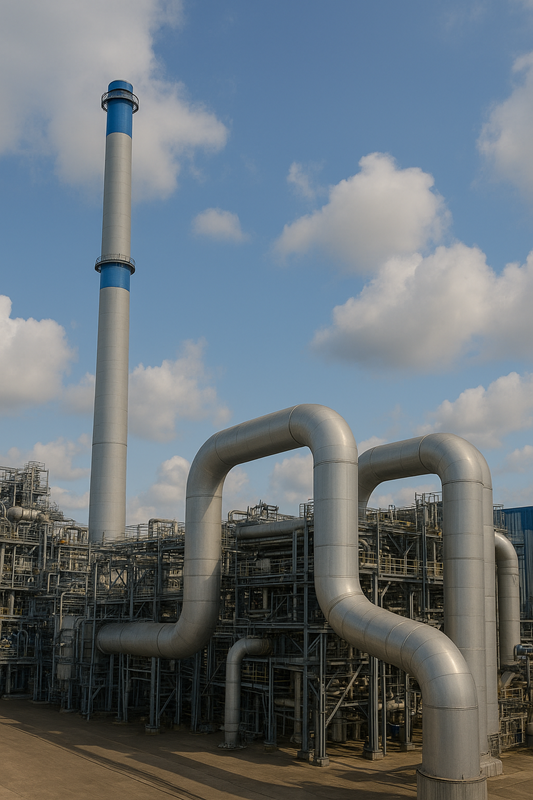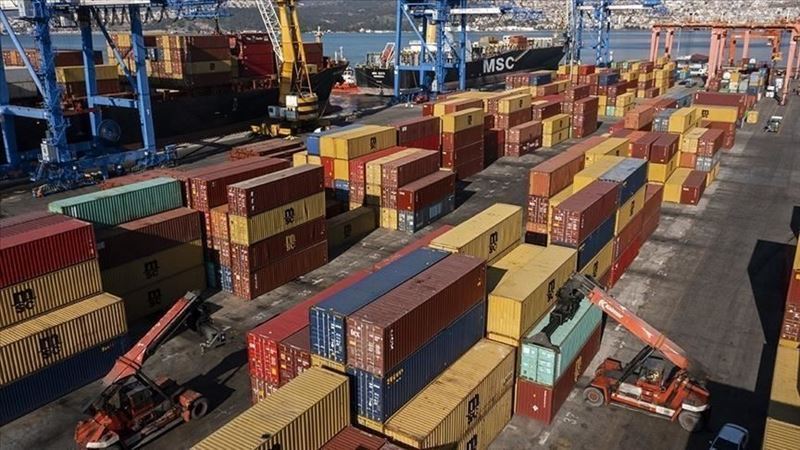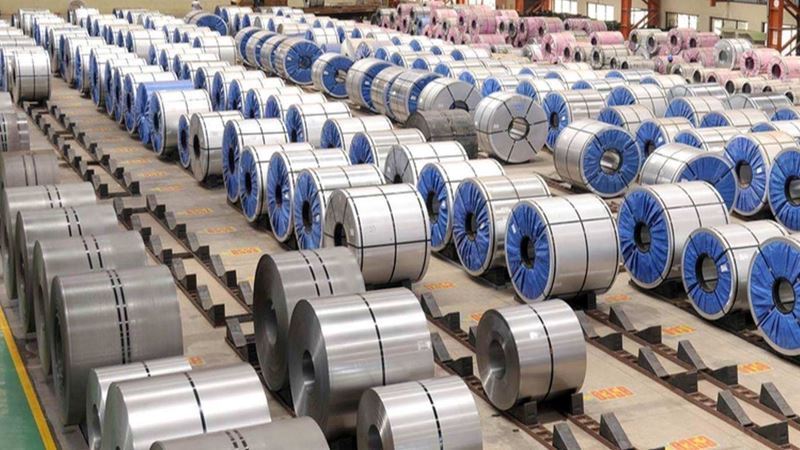As part of the reform, hard-to-decarbonize sectors such as cement and lime production, as well as gas-fired power plants, will be allowed to store CO₂ offshore, beneath the seabed, or in inland areas with the approval of the respective federal states.
The new draft law designates CO₂ storage facilities and pipelines as being “in the overriding public interest,” thereby simplifying planning and approval procedures. Existing natural gas pipelines may also be retrofitted or repurposed for carbon transport.
According to officials, Germany’s section of the North Sea holds an estimated CO₂ storage capacity of between 1.5 and 8.3 billion tons. This would allow for the storage of up to 20 million tons of carbon annually.
Federal Minister for Economic Affairs Katharina Reiche described the move as a “major turning point for the industry,” emphasizing that this technology is essential for maintaining the country’s competitiveness. Although steps had been taken under the previous government to advance CCS technology, political disagreements had stalled progress. The new initiative stands out as a more comprehensive and ambitious strategy.











Comments
No comment yet.